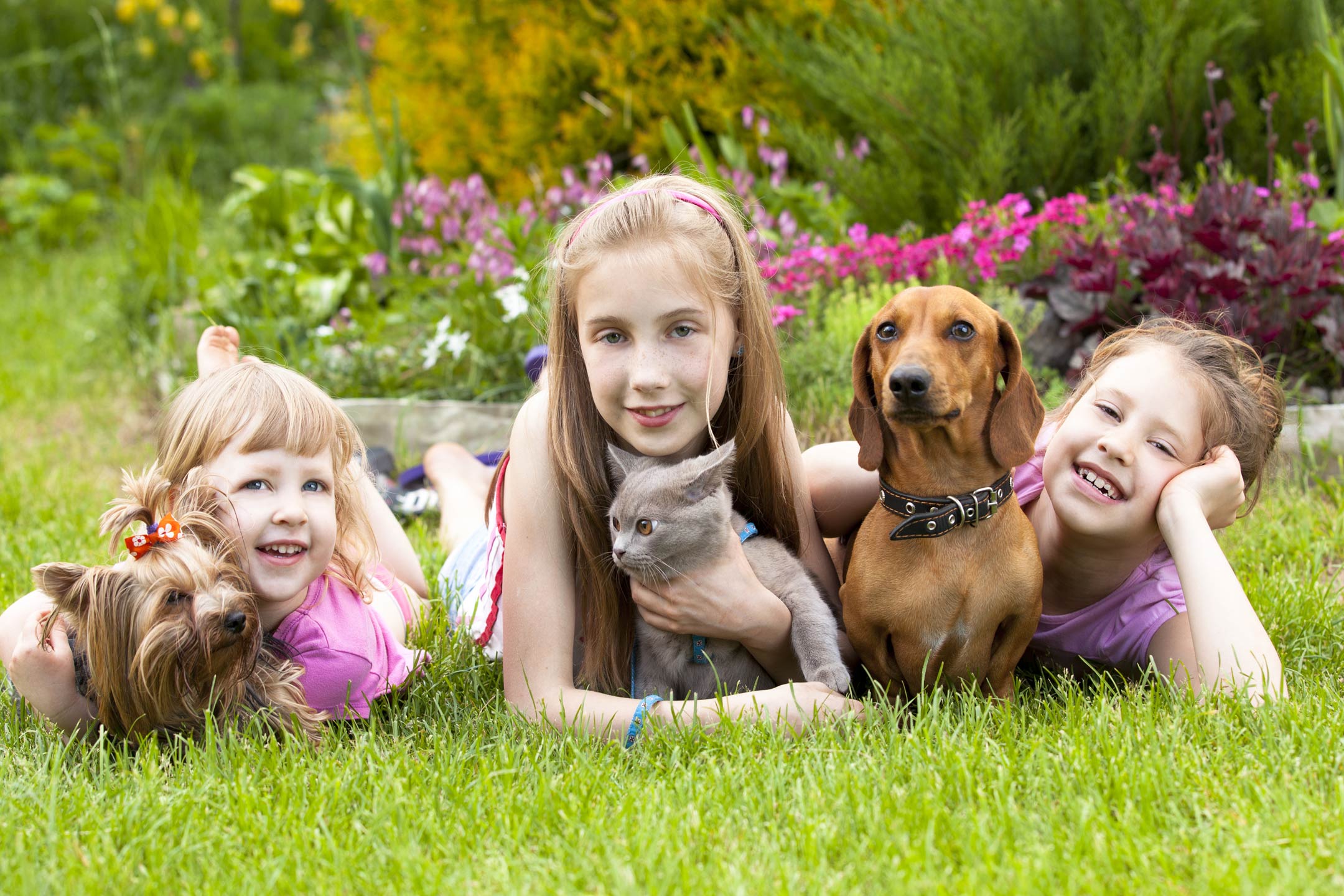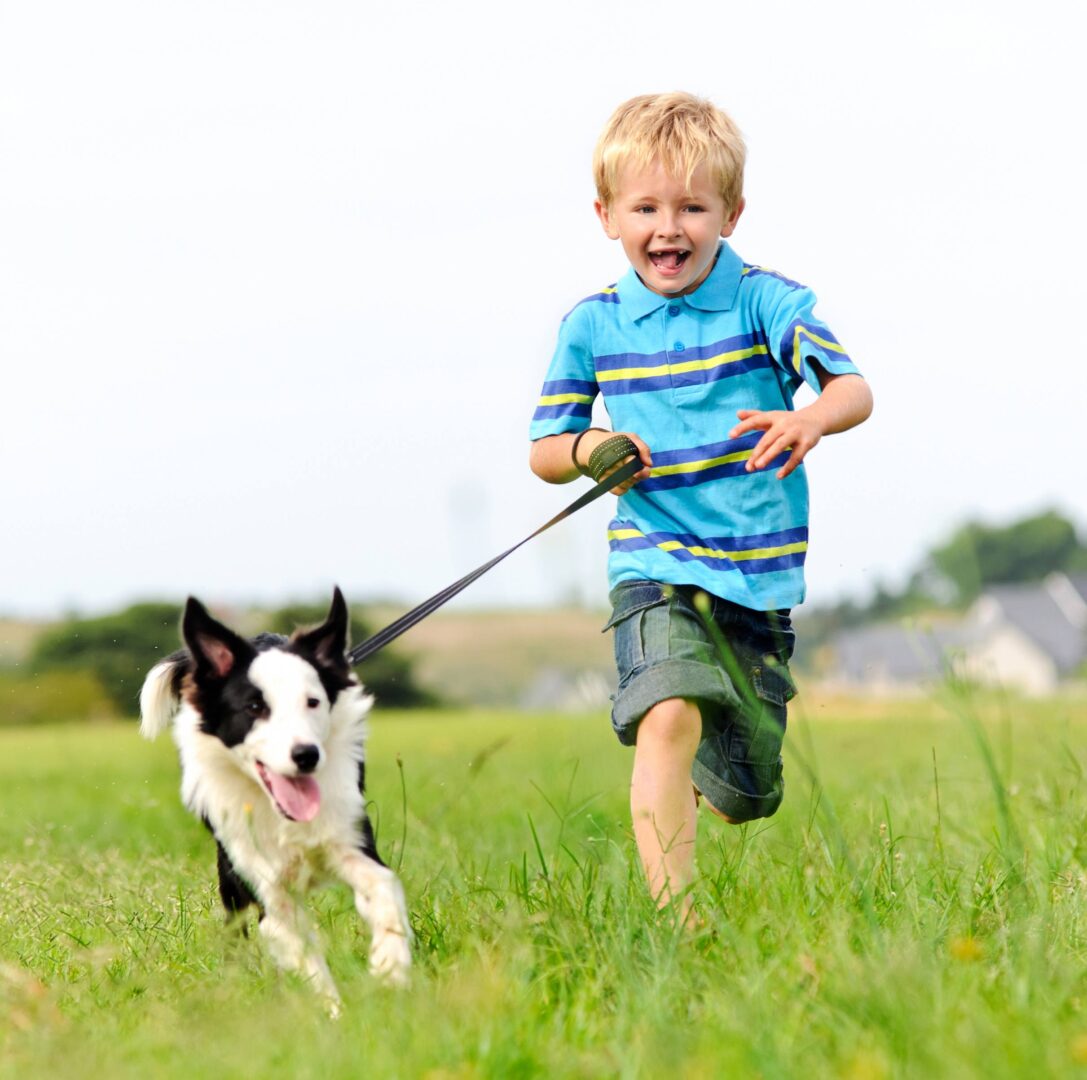
07 Nov Sharing the Caring of animals
Melanie Charlton writes about innovative ways to satisfy her children’s desire for a pet (particularly at Christmas) without bearing all the responsibility of owning one.
It was a rainy Saturday afternoon, and the kids were agitated at being stuck indoors, so I suggested we go to the mall for a milkshake. After slurping our shakes, we browsed the shops.
“Mummy, Mummy, look at that cute puppy in the window,” said my four-year-old daughter, running to the pet store with her two sisters in tow. “Mummy, can we touch the puppy, please?” Before I knew it, a crafty shop assistant opened the glass hatch and placed a puppy in my nine-year-old daughter’s arms. “Our puppies are sold microchipped and vaccinated,” said the assistant with enthusiasm. “Mummy, can we have a puppy? Please, please, please!” begged my three children in unison.
Sound familiar? Many pets are bought on impulse, and consequently, the RSPCA (Royal Society for the Prevention of Cruelty to Animals) receives thousands of unwanted animals each year. Each year, according to Pet Rescue, about 180,000 cats and 210,000 dogs across Australia are taken into care of by councils, either directly or via shelters contracted to care for these pets on their behalf. Of these pets, more than 1 in 5 dogs and 1 in 4 cats are killed. Annually, this means around 44,000 dogs. Research by the University of Queensland’s Centre for Companion Animal Health indicates that the problem of unwanted pets has negative financial and emotional effects on the community.
Animal-management services, including overseeing unwanted and homeless pets, cost Australia $250 plus million per year, while many veterinary, nursing and shelter staff show symptoms of stress from ‘compassion fatigue’, including headaches, sleeplessness and depression.

There are many reasons families don’t have pets. In our case, we live in rented accommodation, and the landlord won’t allow animals. We have also been living in Australia for only a short time and want to explore the country. It would be unfair to leave an animal at home all day on weekends, and we certainly could not afford the cost of kennelling if we decided to stay somewhere that didn’t allow pets.
We toyed with the idea of asking the landlord if we could keep a cat, but our friends are allergic to them. We also once owned a pair of rabbits, but the kids quickly tired of their duties, and the cage-cleaning task fell to my husband.
Owning a pet, particularly a dog, is an enormous responsibility. We’re not prepared to take on another ‘child’ and be responsible for walking one up to twice daily. According to Budget Direct https://www.budgetdirect.com.au/pet-insurance/guides/pet-costs-survey.html, costs associated with dog ownership range from $1000 to $1793 a year. As a family living on one salary, we can’t afford these additional costs, especially when the average lifespan of a dog is about 12 years.
Whatever your reasons for abstaining from pet ownership, you might feel your children are missing out. According to the RSPCA, research shows that teenagers who own pets have a more positive outlook on life and report less loneliness, restlessness, and boredom. There is a page in my family photo album dedicated to my childhood dog Roxy, who gave me hours of cuddles and cherished memories.
One day, I noticed my neighbours’ dog was at their front window, barking as usual. The poor dog barely got a walk and was clearly frustrated being stuck at home. A thought came to me – I could give my children quality pet time without the burden of owning one.
I approached my neighbours to ask if my children and I could walk their dog, Riley, a spaniel/poodle cross, regularly. They were overjoyed with the idea and admitted Riley was an impulse purchase, another pet store window enticement. With both of them working and three children, they hadn’t fully considered the time and effort required to fulfil a dog’s needs. My children were thrilled to be taking Riley for walks. It was a win-win solution for both families.
Pet sharing is a novel idea that could work for your community. It’s a fantastic way of getting to know your neighbours and lending a helping hand. Says Sydney veterinarian Dr Alison H, “Pets that are not well looked after often end up with behavioural problems. A community-based effort, where people help each other out freely with their pets, is a wonderful idea.”
Pet fostering is another option where you can avoid the responsibility of pet ownership while still having the enjoyment and helping a worthy cause. RSPCA NSW reports that they have lots of foster carers with kids. We assess what animals families with children can look after based on their lifestyle. We look at how much time they have, how old their kids are, and how they interact with animals, so we can determine if they are suitable for very young, fragile or high-care animals.”
The RSPCA spokesperson warns that the foster program is not a way for people to try out pet ownership, as the goal is to help animals not yet ready for adoption. “Ideally, we try to recruit people who will become long-term foster carers; it helps us build their skill level and means we can focus our time on helping more animals rather than on the continual process of recruiting and training new carers,” she says. “It’s also important to remember that the animals needing foster homes are often high care, such as young kittens and puppies or animals recovering from surgery.” Fostering, she says, requires a big commitment but is an extremely rewarding experience.
The RSPCA centre from which you receive your foster animal provides food and vet treatment, but it helps the organisation greatly if foster carers provide food at their own expense. There are many other pet foster-care organisations.
To see foster-care requests from rescue groups around the country:
- RSPCA Adopt a Pet
- Pet Rescue
- Organise an annual donation from your Workplace as a supporter of the RSPCA. It’s Tax Deductible!
Lastly, try asking elderly neighbours if they would like you or your family to regularly walk/or care for their pets. Pets are perfect companions for the elderly, but they may find walking them regularly difficult.



